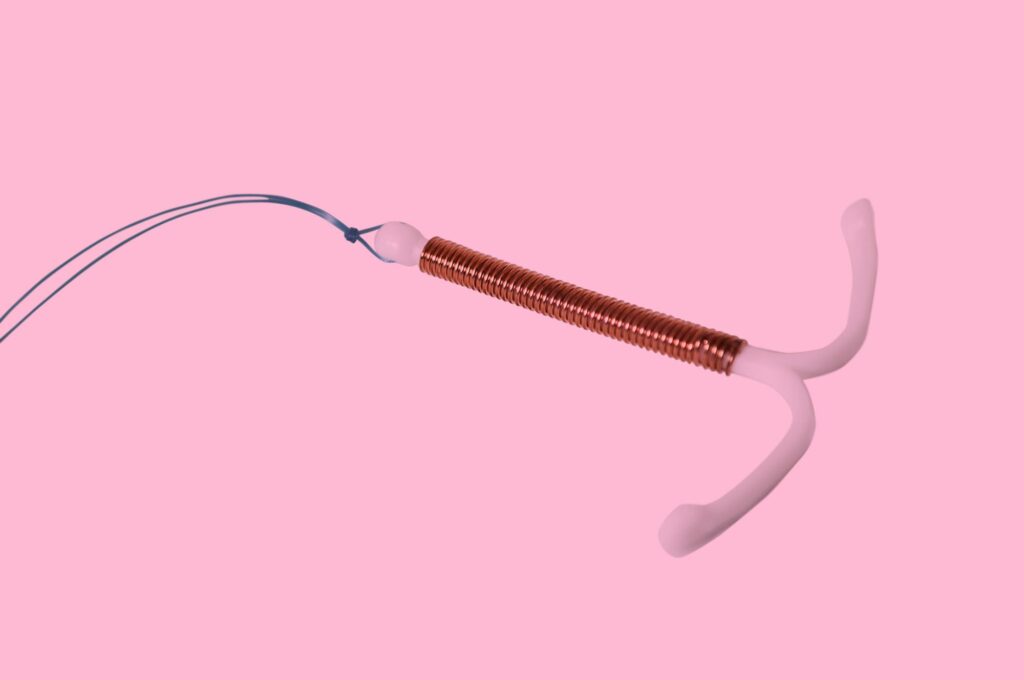- Newry: 028 308 33666
- Galgorm: 028 252 56093
- Omagh: 028 828 39678
Choosing Your Contraception: The Implant Vs The Coil

When it comes to contraception, there are a wide range of options out there. It’s important to make the most informed decision, so that you can choose the best contraceptive for you. Our blog is here to help you understand the differences between the hormonal implant and a contraceptive IUD, also known as the coil. To find out more about these two contraceptive options, keep on reading.
Both of these contraceptives are extremely effective in preventing pregnancy, with less than 1 in 100 people getting pregnant within their first year. Unlike birth control pills, where 10 in 100 get pregnant while using this contraceptive.
The implant and the coil are also similar because they are both inserted into your body, and they can keep you protected for a number of years. However, these contraception methods do not protect you from STDs.
These two contraceptive methods are extremely common, and are a good alternative to the pill! If you’re someone who forgets to take their pill, or struggles to stay in routine, these contraceptive options could be perfect for you. Keep reading to find our breakdown of both contraceptives.
The implant is an effective form of contraception, which is fitted into your upper arm. It is effective for 3-4 years, and is a popular choice for many women. It can often be used to minimise the effects of heavy periods, as it releases a hormone that prevents ovulation.
The implant is fitted with a local anaesthetic and is a quick, relatively painless process. For women who struggle to remember to take their pill, the implant is a great alternative and it can be removed at any time if you are having complications.
The coil, or an IUD is a small, T-shaped contraceptive which is fitted in your uterus. They are safe to use and are extremely effective contraceptive options. The coil can be effective for 5 to 10 years, making it a good long term solution!
There are two types of coil; copper and hormonal. The copper IUD is made from plastics and copper, which acts as a spermicide and has no hormones. This option can lead to irregular periods and some intense cramping.
The hormonal IUD releases a hormone called progestin levonorgestrel, which thickens the mucus in your uterus, preventing sperm from getting through. The hormonal contraceptive can also stop you from ovulating, further reducing your chances of getting pregnant.
If you’re feeling unsure about which contraceptive is right for you, you can speak to our staff for more information or visit your GP to learn more. Here at Duality Health, we can perform coil insertion and implant insertion, as well as removals. With a range of copper and hormonal coils, we offer a range of options for you to choose from.
If you’re looking for a private coil fitting or implant insertion, don’t hesitate to get in touch with us today on 028 308 33666.